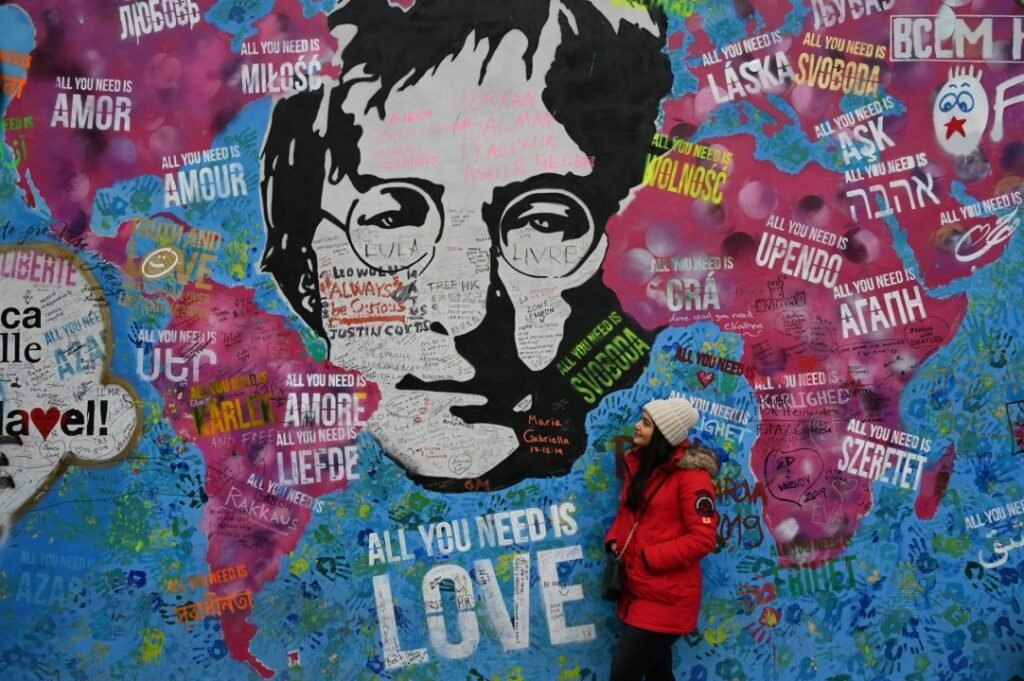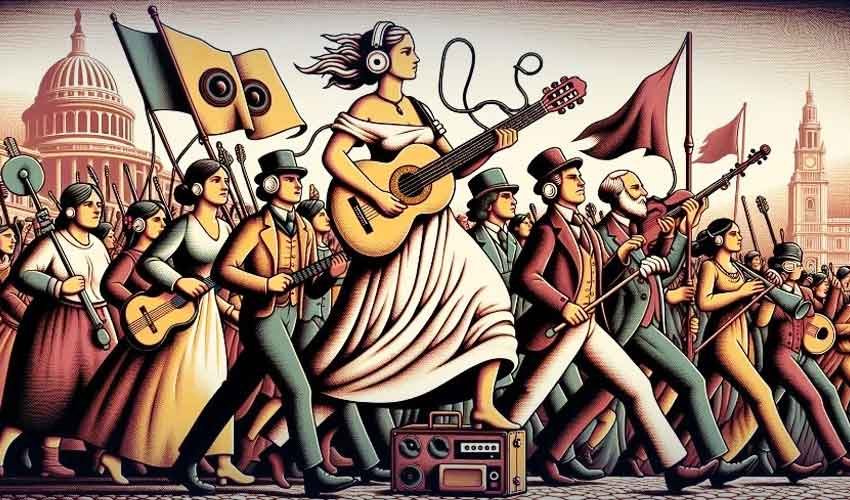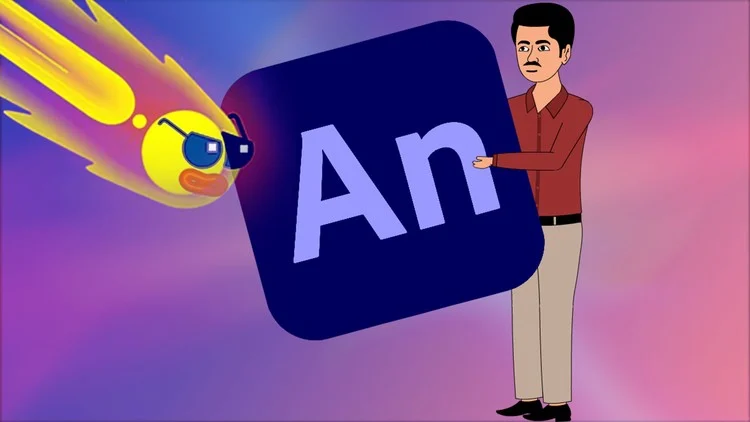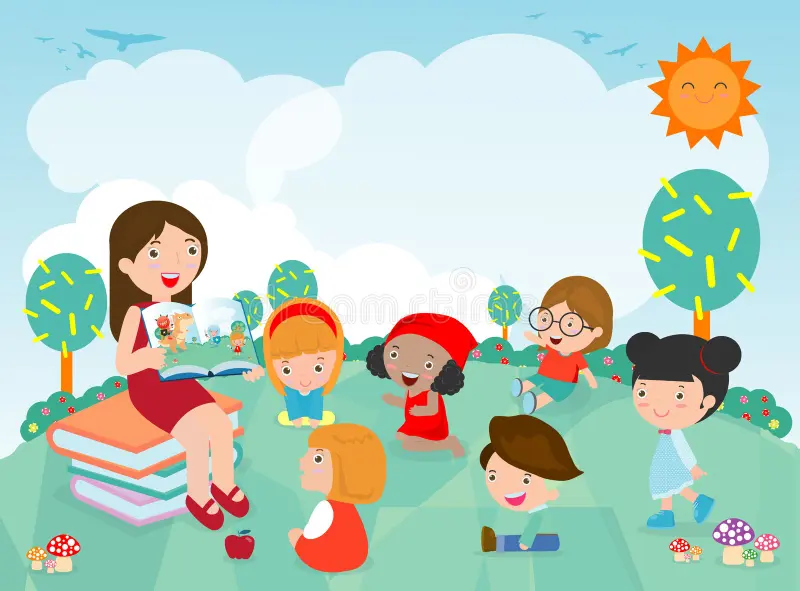How Cartoons Reflect Social Issues is a powerful topic. Cartoons are not just for entertainment; they can also send strong messages about the world we live in. Through humour, storytelling, and characters, cartoons have the ability to address important social issues in ways that are both engaging and thought-provoking. This article will explore how cartoons have tackled various social topics and why they have such a strong impact on viewers.
1. Cartoons as Mirrors of Society
One way How Cartoons Reflect Social Issues is by acting as mirrors of society. Cartoons often depict the world as it is, showing both its good and bad sides. For example, many animated shows feature characters who face real-world challenges, such as poverty, racism, and inequality. These shows provide a reflection of the struggles that people go through every day.
Through the lens of animation, serious topics can be explored in a way that makes them accessible to all ages. For example, The Simpsons has addressed issues like political corruption, consumerism, and environmental concerns. By making these topics part of everyday life for their characters, cartoons bring attention to social issues in a way that feels relatable and relevant.

2. Satire and Humor: Making Difficult Topics More Approachable
How Cartoons Reflect Social Issues also involves using satire and humour to make difficult subjects easier to talk about. Cartoons often take a light-hearted approach to serious topics, allowing the audience to laugh while still thinking critically about the message. This blend of humour and education can open up conversations about issues that might otherwise be uncomfortable or hard to discuss.
For instance, South Park is known for its satirical take on politics, culture, and current events. The show’s humour allows it to explore deep social issues like race, gender, and mental health, all while keeping viewers entertained. By using comedy, the show makes it easier for people to discuss these important topics.
3. Social Change Through Cartoons
Another way How Cartoons Reflect Social Issues is by encouraging social change. Many cartoons highlight issues that need attention and inspire viewers to think about how they can make a difference. For example, shows like Captain Planet raised awareness about environmental problems like pollution and climate change. The show’s characters worked together to solve these problems, teaching young audiences the importance of protecting the planet.
Similarly, The Boondocks has often discussed racial and social justice issues, challenging stereotypes and encouraging dialogue about race relations in America. Through the power of animation, these shows create an emotional impact that can motivate people to take action in their own communities.
4. Cartoons Addressing Mental Health
How Cartoons Reflect Social Issues is also seen in the way mental health is addressed in animation. Mental health is a topic that has often been overlooked or misunderstood in the past, but cartoons are increasingly using their platform to raise awareness and reduce stigma. Shows like BoJack Horseman and Big Mouth dive into issues like depression, anxiety, and identity struggles, offering a unique perspective on mental health that is both honest and relatable.
In BoJack Horseman, the show deals with topics such as addiction, self-doubt, and trauma in a way that resonates with older audiences. Similarly, Big Mouth uses humor to explore puberty, body image, and emotional health, making it easier for younger viewers to relate to their own experiences.
5. Cartoons Promoting Diversity and Inclusion
Cartoons have also become powerful tools for promoting diversity and inclusion. How Cartoons Reflect Social Issues can be seen in the increasing representation of different cultures, backgrounds, and identities. Shows like Steven Universe and The Proud Family feature characters from diverse communities and explore topics like LGBTQ+ rights, racial equality, and acceptance.
These cartoons are important because they show that everyone deserves to be seen and heard. By including a wide range of characters and storylines, cartoons help teach viewers the value of diversity and inclusivity, inspiring people to be more open-minded and accepting in their own lives.
6. The Role of Cartoons in Political Commentary
Another way How Cartoons Reflect Social Issues is through political commentary. Political cartoons, often seen in newspapers, use humor and caricatures to critique politicians, policies, and events. These cartoons can provide insightful commentary on political issues, often exposing corruption, injustice, and hypocrisy in a way that is easy to understand.
Television cartoons also often use political satire to comment on government actions and world events. For example, The Simpsons has been known to make jokes about political figures and their actions, often making sharp critiques about society’s views on politics, economy, and power. By using animation as a tool for political discourse, cartoons allow for deeper discussion about social issues in a way that is both accessible and entertaining.
7. The Impact of Cartoons on Young Audiences
Lastly, How Cartoons Reflect Social Issues is especially important for young audiences. Cartoons are often a child’s first introduction to important societal themes. As kids watch their favorite animated shows, they are exposed to ideas about friendship, fairness, respect, and social responsibility. These early lessons can shape how children understand the world around them and how they treat others as they grow up.
Cartoons like Sesame Street and Arthur have long been champions of teaching children about kindness, diversity, and cooperation. These shows use their fun characters and simple storylines to address complex issues in ways that children can understand and learn from.
Conclusion
In conclusion, How Cartoons Reflect Social Issues is an important and powerful aspect of animated storytelling. Cartoons address a wide range of topics, from mental health to political commentary, while making these subjects accessible and engaging for viewers. Through humor, satire, and emotional storytelling, cartoons have the unique ability to influence society, raise awareness, and inspire positive change. By continuing to explore and discuss important social issues, cartoons will remain a key tool in shaping the way we view the world.










